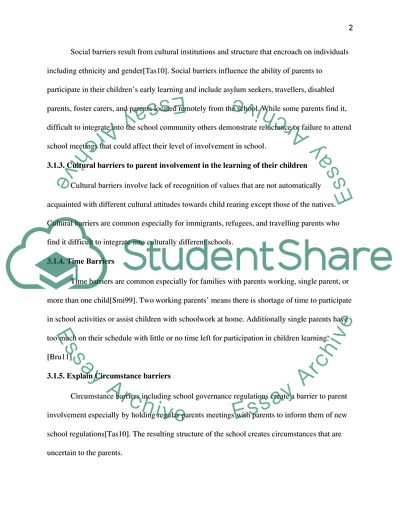Cite this document
(“Engage Parents In their Childrens Early Learning Assignment”, n.d.)
Retrieved from https://studentshare.org/education/1650111-engage-parents-in-their-childrens-early-learning
Retrieved from https://studentshare.org/education/1650111-engage-parents-in-their-childrens-early-learning
(Engage Parents In Their Childrens Early Learning Assignment)
https://studentshare.org/education/1650111-engage-parents-in-their-childrens-early-learning.
https://studentshare.org/education/1650111-engage-parents-in-their-childrens-early-learning.
“Engage Parents In Their Childrens Early Learning Assignment”, n.d. https://studentshare.org/education/1650111-engage-parents-in-their-childrens-early-learning.


